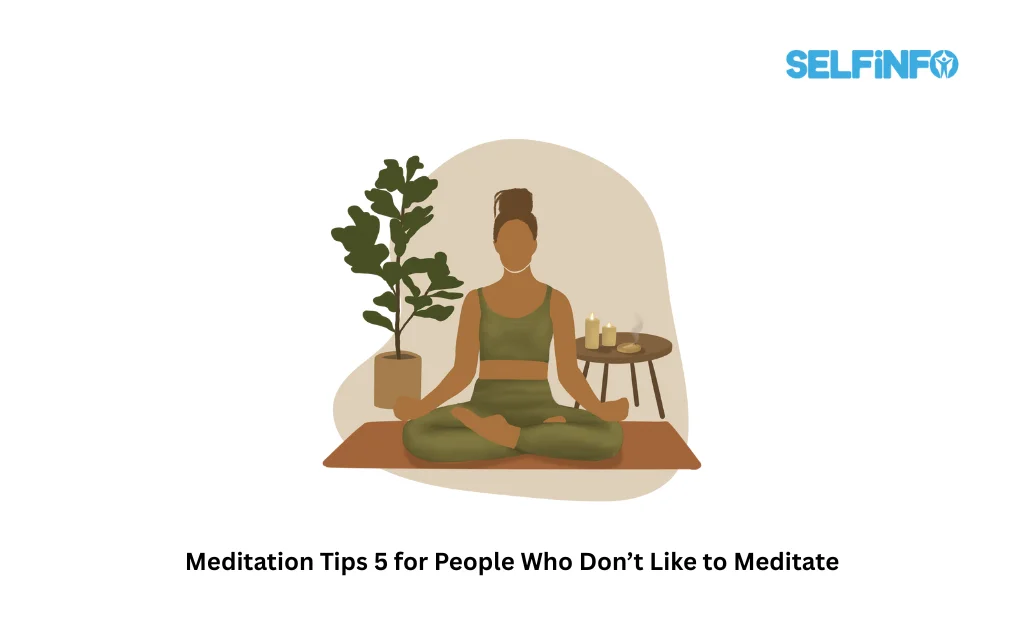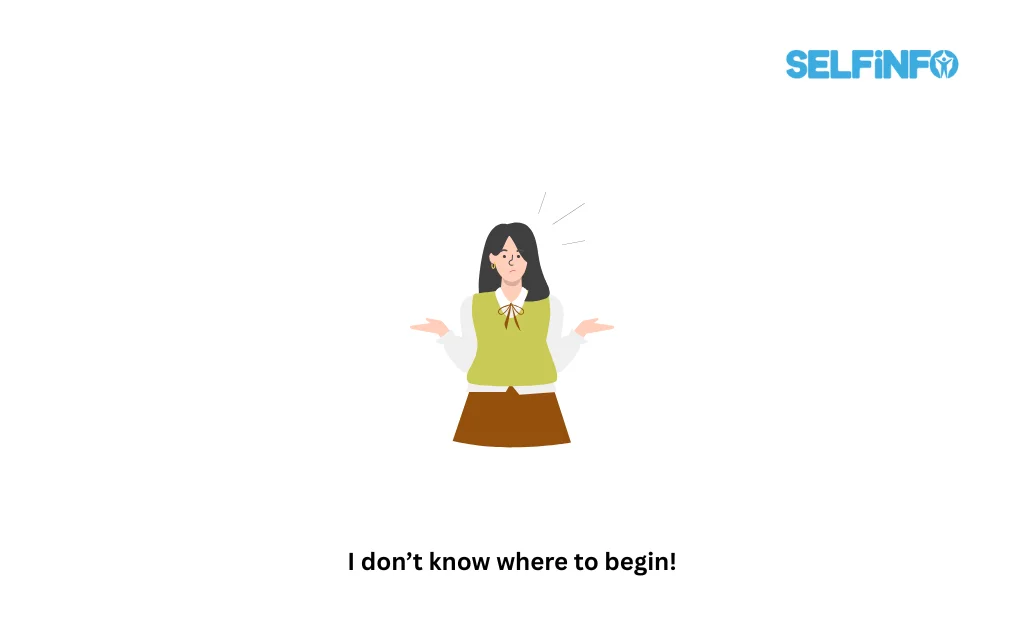Meditation tips for people who think they don’t like meditation remind me of a CD I own called Classical Music for People Who Hate Classical Music. We’re told we should enjoy the classics—just like we’re told meditation is good for us. But honestly, when I have a moment to unwind, I’m more likely to choose Mumford & Sons over Mozart.
Some of us relate to meditation in a similar way.
We are aware of the numerous mental, emotional, and physical advantages of meditation, and who could not benefit from a little relaxation in their hectic lives? However, instead of using that little moment of alone for meditation, we turn on the television, grab the iPad, or aimlessly flip through a magazine.
I took an intellectual approach to starting a meditation and mindfulness practice at first. I read a lot of books, purchased meditation apps, and even thought about enrolling in a class at a nearby Zen meditation center.
The more I studied it, the more I realized how important it was for me to adopt these habits. As a result, I read even more—so much so that I neglected to meditate!
Why not? Meditation looked a little dull, to be honest. Furthermore, I did not believe I was very skilled at it. After counting my breath and closing my eyes, I would mentally create grocery lists and stress about the things I had not yet ticked off my to-do list.
Although I thought meditation was a great notion, I did not want to really do it. As a left-brained, idea-loving woman, I prefer to stimulate rather than stifle my intellect when I have leisure time.
Have you experienced this? Do you think meditation is the same as a great literary classic that everyone wants to read but nobody wants to do so, as Mark Twain once said?
In the end, I developed a meditation practice that has improved my life in tandem with my anxiety and depression treatment. I have discovered that the goal of meditation is the act itself, not simply crossing off a task.
In order to assist those of you who, like me, wish to meditate but are hesitant to begin, I would like to provide some advice! Every suggestion addresses one of the excuses we can have for not beginning a meditation routine.

1. I don’t have time!
Despite our hectic schedules with jobs, kids, homes, and social responsibilities, everyone has five minutes throughout the day to take a break and relax.
You probably would not begin your first workout with a hard 30-minute run if you were training to race a 5K. Take your time when starting a meditation practice. Work your way up from five minutes a day to eight, 10, and so forth.
As you eat, stroll, clean, or perform any other action during your hectic day, you can also engage in mindfulness meditation by focusing on the flavors and sensations of your food. Is it possible to incorporate thoughtful and contemplative attention into your daily routine?
Furthermore, you might discover that regular meditation truly saves you time. You will be less likely to make careless errors that require even more of your valuable time to correct if you practice mindfulness!
2. It’s so boring! If I’m going to take time for myself, I am going to read and think!

We enjoy thinking, of course, but there is also beauty in calming the mind. However, there are meditation techniques that stimulate your mind if you truly want to use meditation to get your thinking fix.
For instance, you could meditate while focusing on a mantra or a brief passage of text. Being aware and meditating involves more than just “sitting there thinking of nothing.” Practice can be done in many different ways.
Additionally, there are a ton of guided meditations available online that can help you focus and advance your practice.
3. I’m not good at it!

That is somewhat of the point, though! The goal of meditation is to observe the mind, not to “empty the mind.”
Just return your focus to the breath if you notice that during your meditation, your thoughts have strayed to the day’s activities or future plans. And it is fantastic that you have realized how your thoughts are straying!
It indicates that you are skilled at it. You saw what your mind was doing. You have developed greater awareness. (And it is something you will constantly strive to improve, which is why it is termed a practice.)
4. But when my mind wanders, it’s to planning, and worrying, and that seems far more important than meditation.
Indeed, we must survive in this world. We must organize and plan, but not always. I have found that giving myself five to ten minutes to plan, think about what I need to do when I get home, or do whatever else is on my mind has worked well for me, especially in yoga classes.
Having everything out of the way allows me to concentrate on my practice with mindfulness. Before you sit down to meditate, jot down your worries or the things you need to get done. After you are finished, they will still be there, so put them aside and approach them from a different angle!
5. I don’t know where to begin!

Just do it! Take a cue from Nike! You will not enjoy classical music if that CD sits on your shelf, you will not increase your cardiovascular health by reading about Zumba classes, and you will not realize the wonderful advantages of meditation until you start doing it.
Take it easy on yourself and start small. Actually, it might be simpler if you follow Nike’s advise to sit rather than just do something!
Additionally, similar to working out, you might discover that after a few weeks of consistent practice, meditation no longer feels like work but rather becomes something you like and want to do. Perhaps even while classical music is playing.
